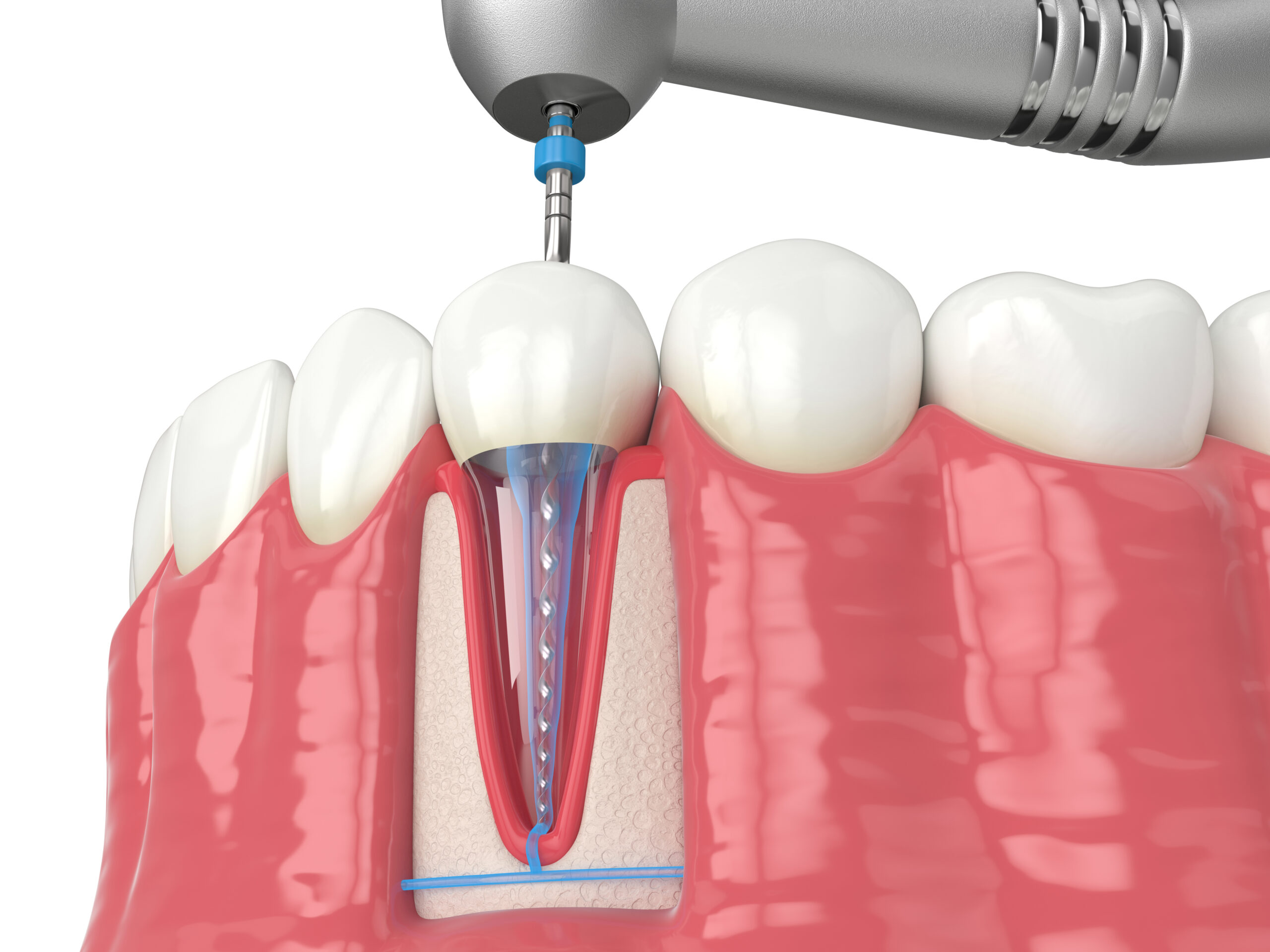Introduction
When it comes to dental health, preserving natural teeth is always a top priority. Endodontic treatment plays a vital role in achieving this goal. In this comprehensive guide, we will explore the various types of endodontic treatment, their benefits, and the solutions they offer. From root canal therapy to modern advancements in endodontics, we’ll cover it all. So, let’s dive into the world of endodontics and discover the path to a healthier smile.
What is Endodontic Treatment?
Endodontic treatment, commonly known as root canal therapy, is a specialized branch of dentistry that focuses on treating the dental pulp and root canals inside your teeth. The dental pulp is the soft inner tissue that contains nerves, blood vessels, and connective tissue. When this pulp becomes infected or damaged, endodontic treatment becomes necessary to save the tooth and alleviate pain.
Types of Endodontic Treatment
Root Canal Therapy
Root canal therapy is the most common type of endodontic treatment. It is performed when the dental pulp becomes infected or inflamed due to deep decay, cracks, trauma, or repeated dental procedures. During the procedure, the endodontist removes the infected pulp, cleans the root canals, and fills them with a biocompatible material. This helps to alleviate pain and prevent further infection.
Endodontic Surgery
In some cases, root canal therapy may not be sufficient to save a tooth. Endodontic surgery, such as an apicoectomy or root-end resection, may be necessary. This procedure involves removing the tip of the tooth root, along with any infected tissue, and sealing the area to prevent future infection. Endodontic surgery is typically performed when there is persistent infection or inflammation in the tooth.
Dental Trauma Treatment
Endodontic treatment is also essential in cases of dental trauma, such as a tooth fracture or dislodgement. Immediate intervention by an endodontist can help save the tooth and prevent further damage. Depending on the severity of the trauma, different treatment options may be employed, including root canal therapy, splinting, or repositioning of the tooth.
Regenerative Endodontics
Regenerative endodontics is an emerging field within endodontics that focuses on restoring the vitality of the dental pulp. This innovative approach aims to promote the growth of new pulp tissue, blood vessels, and nerves in teeth that have suffered from severe trauma or infection. By harnessing the regenerative potential of the body, regenerative endodontics offers new hope for preserving natural teeth.
When is Endodontic Treatment Unavoidable?
Endodontic treatment becomes unavoidable in several situations. Here are some common scenarios that may require endodontic intervention:
- Persistent Tooth Pain: If you experience persistent tooth pain, especially when biting or applying pressure, it may indicate an infection or inflammation in the dental pulp.
- Tooth Sensitivity: Lingering sensitivity to hot or cold temperatures, even after the stimulus is removed, can be a sign of an underlying issue in the dental pulp.
- Swollen Gums: Swelling or tenderness in the gums around a specific tooth may indicate the presence of an infection or abscess.
- Tooth Discoloration: Darkening of a tooth may suggest that the dental pulp has been damaged or compromised.
- Tooth Fracture: If a tooth is fractured or cracked, it can expose the dental pulp to bacteria, leading to infection and inflammation.
- Previous Dental Procedures: Teeth that have undergone multiple dental procedures or extensive restorations may be more prone to pulp damage or infection.
If you experience any of these symptoms or suspect an issue with your dental pulp, it is essential to seek prompt dental care. An endodontist can evaluate your condition and recommend the most appropriate treatment to save your tooth.
The Benefits of Endodontic Treatment
Endodontic treatment offers numerous benefits for both oral health and overall well-being. Let’s explore some of the key advantages:
- Preservation of Natural Teeth: Endodontic treatment aims to save your natural teeth, which is always the best option. Preserving your natural teeth allows you to maintain proper chewing function, speech patterns, and the aesthetics of your smile.
- Alleviation of Pain: Infections or inflammation in the dental pulp can cause severe toothaches. Endodontic treatment removes the source of pain, providing relief and improving your quality of life.
- Prevention of Further Complications: Left untreated, dental infections can spread to surrounding tissues, leading to abscesses, bone loss, and potentially life-threatening conditions. Endodontic treatment helps prevent these complications by eliminating the infection.
- Improved Oral Health: By addressing the underlying issues within the tooth, endodontic treatment helps restore and maintain optimal oral health. This can prevent the need for more extensive dental procedures in the future.
- Cost-Effective Solution: Compared to tooth extraction and replacement with prosthetics like dental implants, endodontic treatment is often a more cost-effective solution. It allows you to preserve your natural teeth without the need for additional restorative work.
- Enhanced Overall Well-being: Maintaining a healthy mouth is crucial for overall well-being. Endodontic treatment not only improves oral health but can also positively impact your systemic health, reducing the risk of certain systemic diseases associated with poor oral hygiene.
Conclusion
Endodontic treatment plays a vital role in preserving natural teeth and maintaining optimal oral health. Whether it’s root canal therapy, endodontic surgery, or regenerative endodontics, these specialized procedures offer effective solutions for treating dental pulp and root canal issues. By seeking timely endodontic intervention, you can alleviate pain, prevent further complications, and enjoy the long-term benefits of a healthy and functional smile. Remember, your natural teeth are valuable, and with the help of an endodontist, you can ensure their preservation for a lifetime of oral well-being.
If you require endodontic treatment or have any concerns about your oral health, consult with a qualified dentist or endodontist who can provide personalized guidance and recommend the best course of action.

